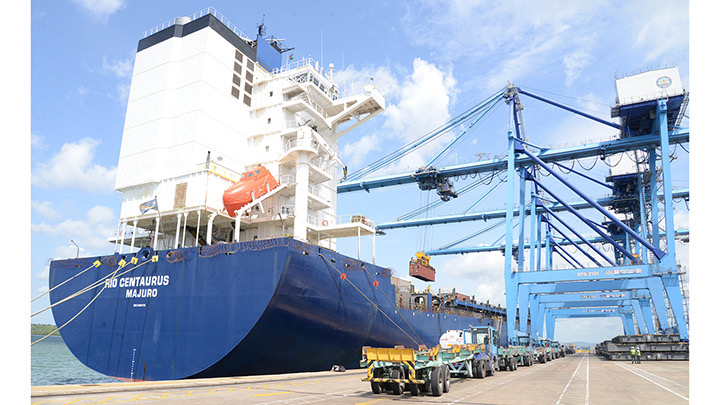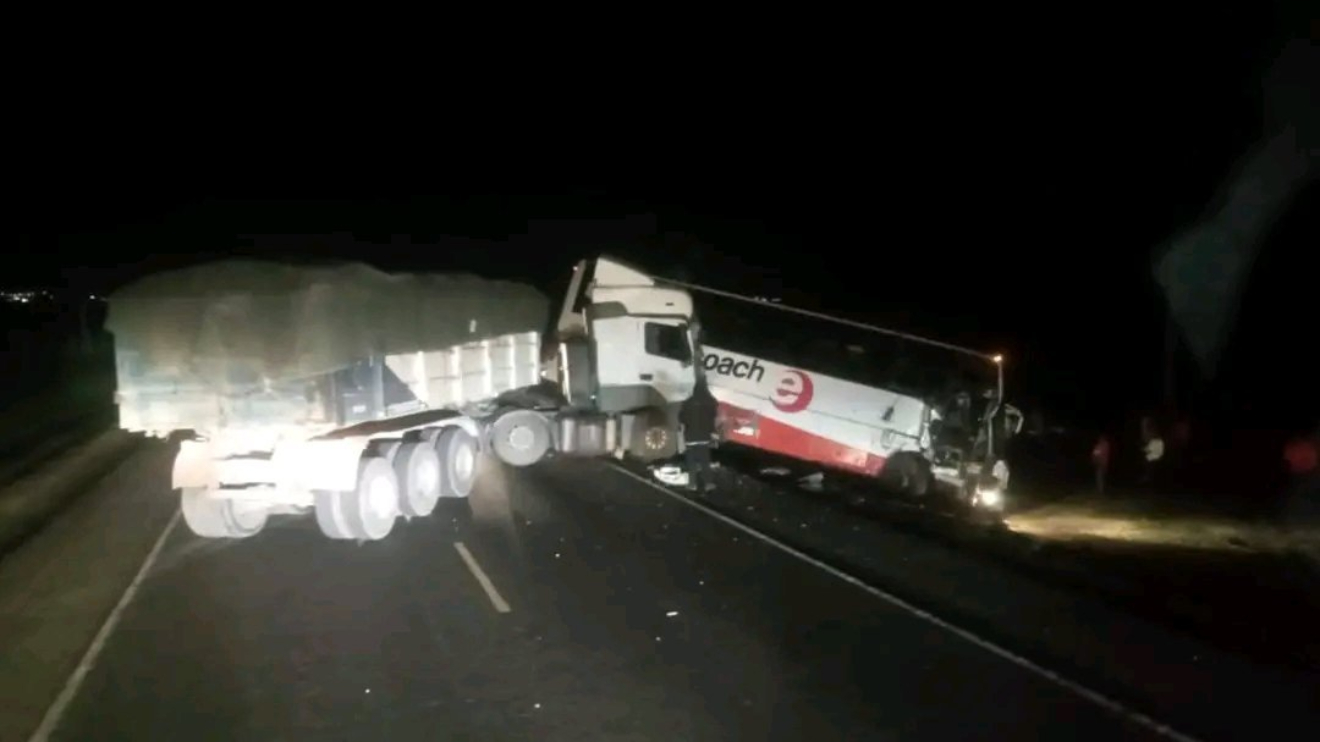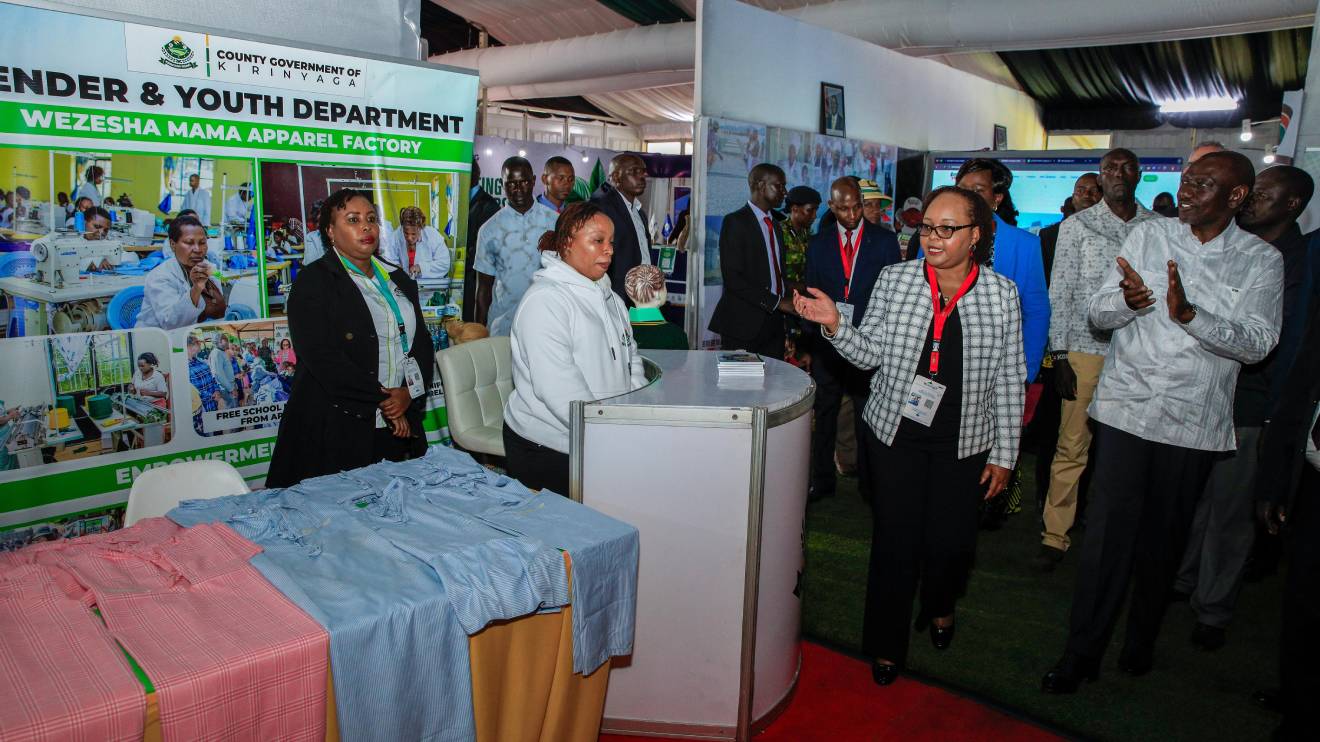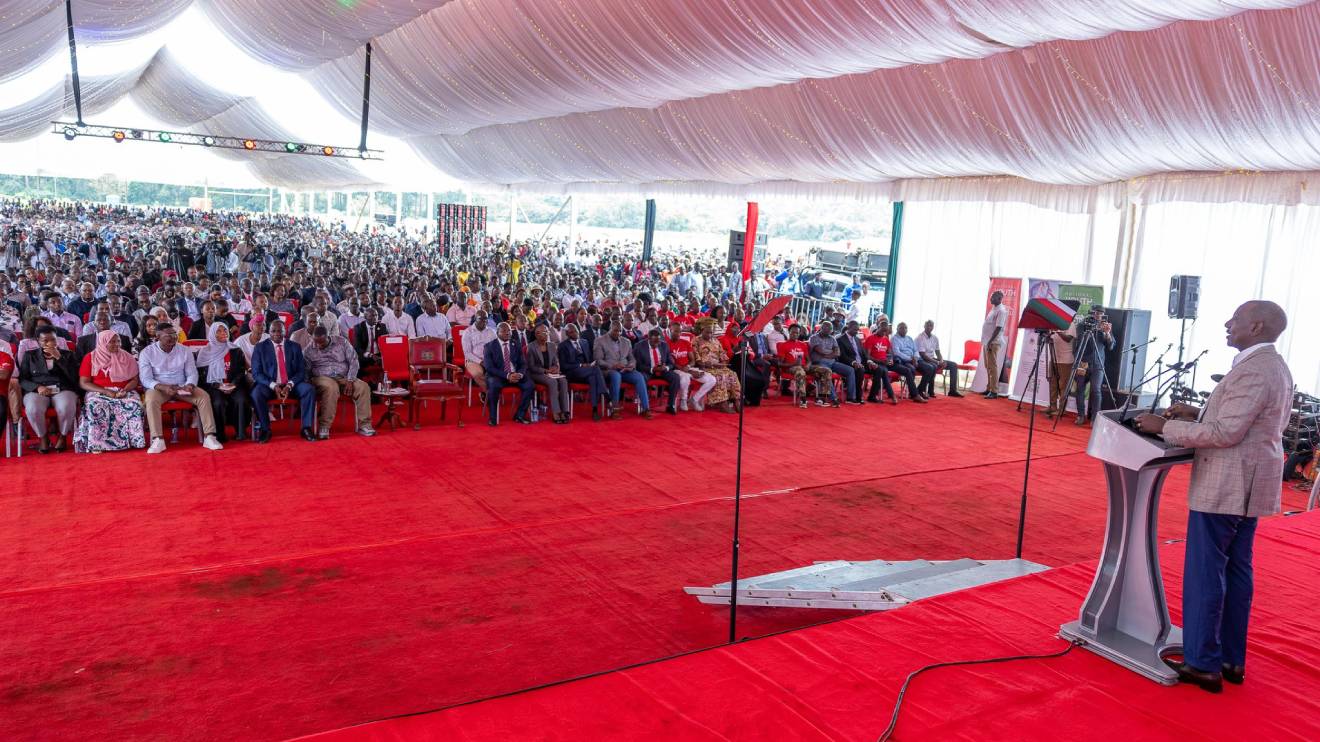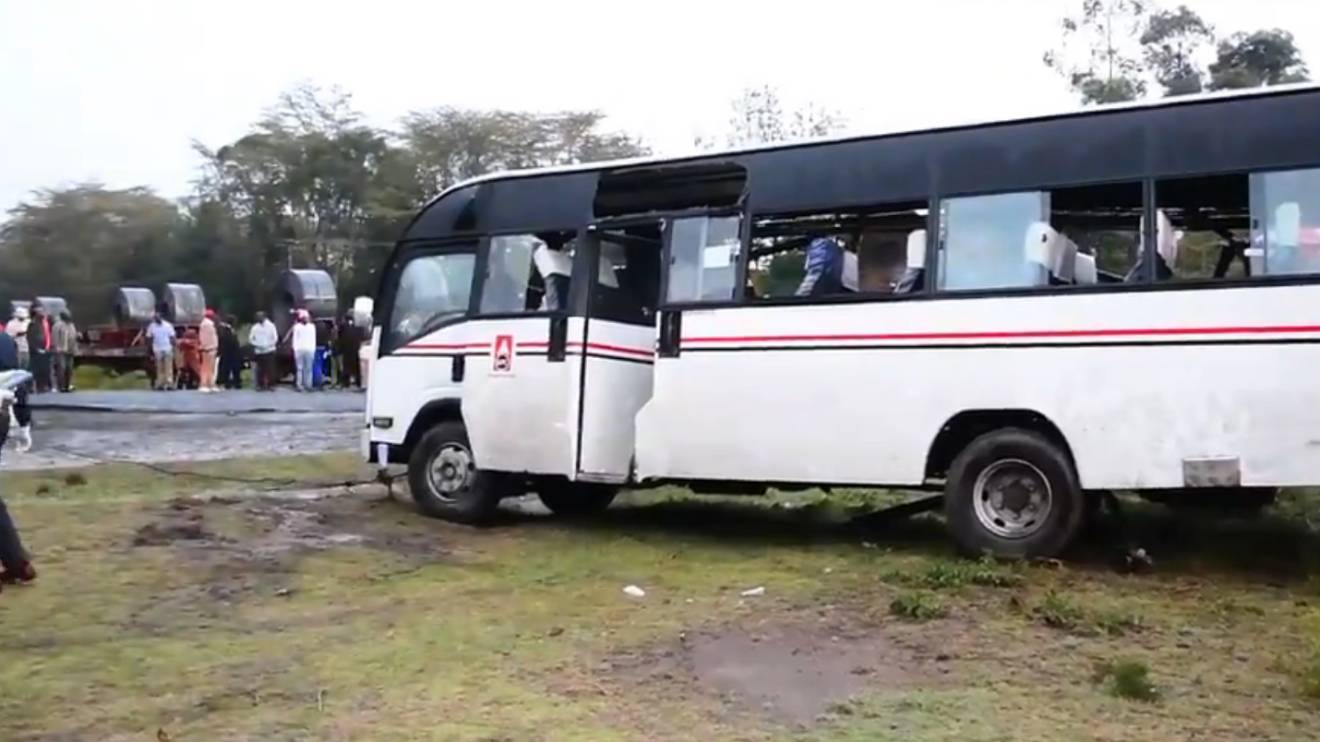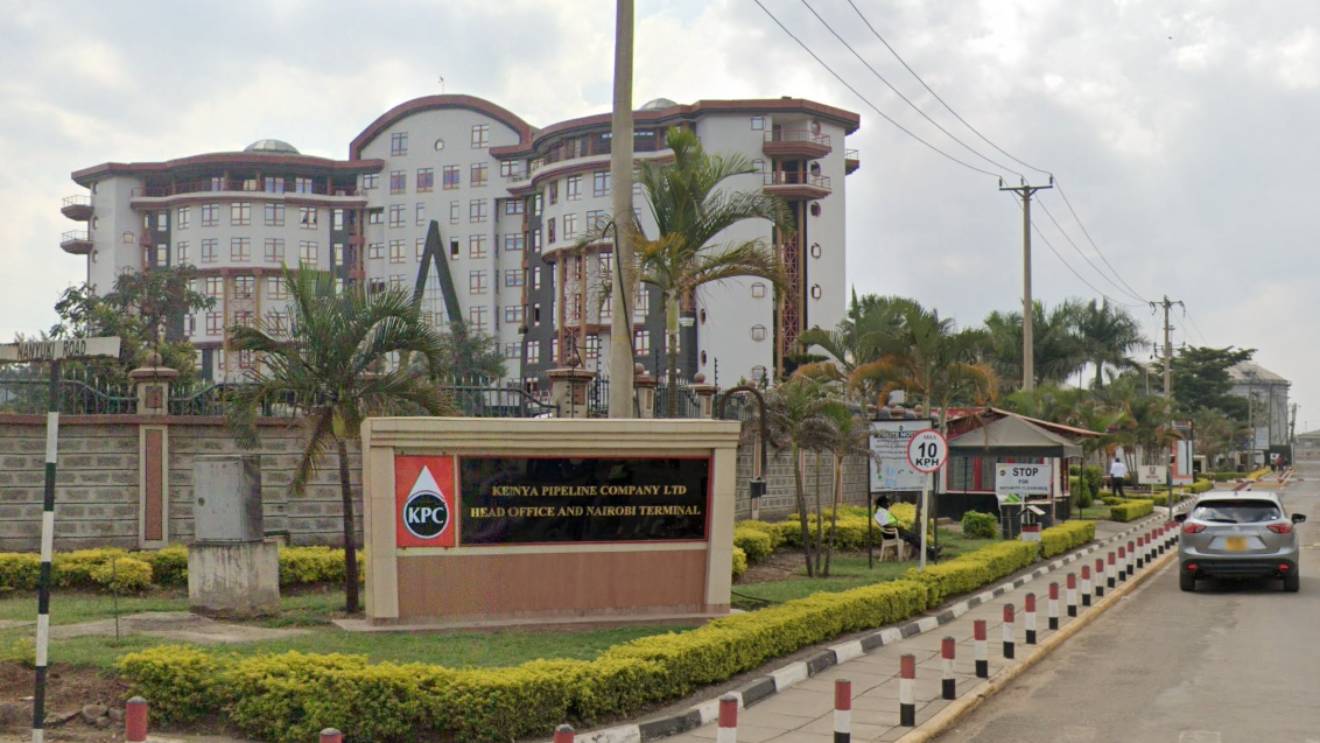Tensions are escalating at the Port of Mombasa as the Kenya Ports Authority (KPA) unveils plans for a bold expansion into end-to-end logistics, sparking concerns among established players.
Managing Director William Ruto's announcement of partnerships with global shipping lines and local firms to offer comprehensive cargo handling, clearance, and delivery services has drawn the ire of clearing agents and transporters who fear a monopolistic stranglehold.
“KPA will provide end-to-end logistics services for transit market customers from Port of Mombasa to the destination, a move that will improve efficiency and reduce cost of doing business,” Ruto stated.
The Kenya International Freight and Warehousing Association (KIFWA) leads the charge against the proposed venture, accusing KPA of exceeding its mandate.
Read More
KIFWA National chairman Roy Mwanthi argues that KPA has no business encroaching on the private sector urging them to focus on core competencies and leave clearing and forwarding to established players.
Mwanthi stated that KPA's core function is port management, not competing with its stakeholders in the logistics chain while echoing the sentiments of a 2022 strike against similar encroachment by shipping lines.
“We are opposed to this and we urge KPA to stick to their mandate which is to operate, maintain, manage and develop ports within the country. KPA has no business engaging in provision of logistics services,” Mwanthi said.
"They cannot start competing with their stakeholder."
The spectre of a 2022 strike against similar moves by global shipping lines looms large, with KIFWA brandishing the threat of a repeat performance if their concerns remain unaddressed.
The potential consequences are stark: over 1,200 Kenyan clearing firms and 10,000 jobs hang precariously in the balance.
However, the Shippers Council of Eastern Africa (SCEA) injects a note of cautious optimism.
While acknowledging the potential disruption to smaller players, SCEA highlighted the possible long-term benefits of vertical integration, citing efficiency gains and streamlined operations.
The Kenya Transporters Association, a key stakeholder caught in the crossfire, remains guarded, awaiting the outcome of an emergency board meeting this week.
KPA's ambitious play faces a formidable challenge from KIFWA's unwavering opposition.
The potential consequences of the conflict – economic slowdown, job losses, and operational paralysis – are substantial.
Whether KPA heeds the concerns and retreats to its core mandate or presses ahead with its end-to-end ambitions, remains to be seen.
The unfolding drama at the Port of Mombasa promises to significantly reshape Kenya's vital cargo transportation sector, with far-reaching implications for all stakeholders.

